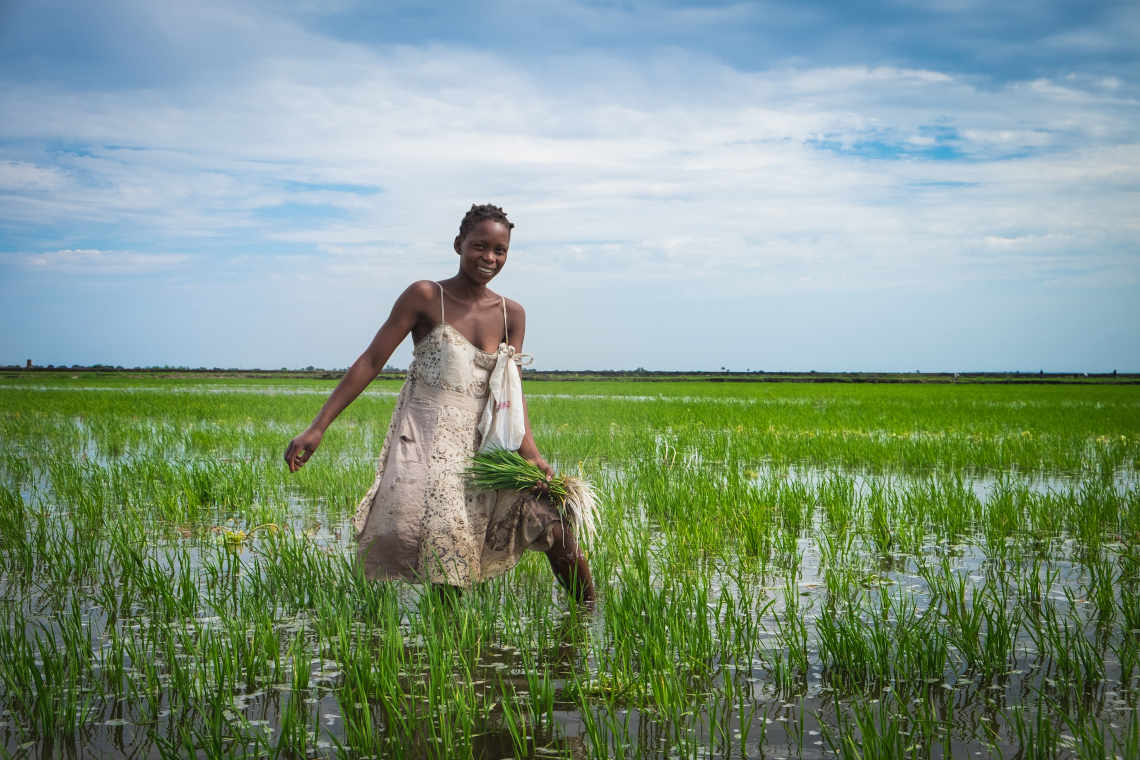莫三比克的市場研究

莫三比克位於非洲東南端,印度洋沿岸。北邊是坦尚尼亞,南邊是馬拉維,西邊是辛巴威。
重點產業
莫三比克經濟以農業為主。農業約佔國內生產毛額的三分之一,商業和服務業佔另外三分之一。該國高度依賴農業部門,進一步鞏固其未來的成長潛力。此外,大多數人還從事農業以維持生計。同樣,該國的熱帶氣候和肥沃的土壤使該行業獲得了巨大的增長,為該國的國內生產總值和出口總額做出了巨大貢獻。事實上,主要產品包括棉花、腰果、椰子、柑橘、糖、菸草和茶葉。
莫三比克擁有許多自然資源,但內戰耗盡了其發展成長。它還摧毀了該國的基礎設施。儘管如此,莫三比克人尚未開發其中許多資源。它們包括;鋁土礦、黃金、大理石、花崗岩、煤炭和寶石。莫三比克也生產鈦和膨潤土。
旅遊業雖然存在,但還沒有應有的發達。內戰之前,旅遊業蓬勃發展。戰後,該國經歷了大規模衰退,包括旅遊業。
社群
馬普托
馬普托是莫三比克的首都,也是人口最大的城市。它以其商業和文化進步為國家經濟做出了重大貢獻。幾乎每個角落都有路邊咖啡館、酒吧和俱樂部,這座城市充滿活力。它提供南部非洲一些最好的夜生活。
馬托拉
馬托拉是莫三比克人口第二大城市,風景優美。這個城市擁有一個港口和莫三比克最重要的工業區。
楠普拉
該城市位於楠普拉省,是莫三比克第三大城市。楠普拉是一個寧靜的地方,海岸線上散佈著一些海灘和村莊。它不像馬普託或馬托拉那樣工業化。
趨勢
政府正在推動農業、採礦業和服務業的發展。莫三比克人正在收穫更多農產品以獲取外國資本。此外,在COVID-19大流行期間,旅遊業有所成長,吸引了來自各行各業和文化背景的遊客,讓投資者了解莫三比克的市場價值。它還產生工業動力以創造繁榮的經濟。這些新投資使莫三比克有可能徹底改變其經濟。
市場優勢與優勢
莫三比克擁有許多未開發的資源,可以促進該國的經濟發展。例如,它可以迅速成為主要的天然氣出口國之一。根據最近的發現,它也可能主導煤炭市場。
消費者基礎
莫三比克的購買力平價非常低,是世界上最貧窮的國家之一。這是因為1992年結束了長達15年的內戰。由於持續的大流行,零售額很難預測和收集。由於人們的工資較低,很難追蹤消費者支出。
在市場上發展業務的原因
莫三比克是南非前五個貿易夥伴之一。它擁有快速成長的經濟。它還擁有適合投資者的理想地理和氣候。莫三比克預計農業、旅遊業和採礦業將顯著成長。旅遊業的發展也意味著人們透過銷售工藝品和與遊客互動獲得了新的收入來源。
關於莫三比克市場研究
莫三比克是一個獨特的國家,具有巨大的投資潛力。在進入市場之前,必須進行定性、定量和策略研究。市場研究還可以涉及焦點小組、訪談和調查,所有這些都由 SIS International Research 提供。


